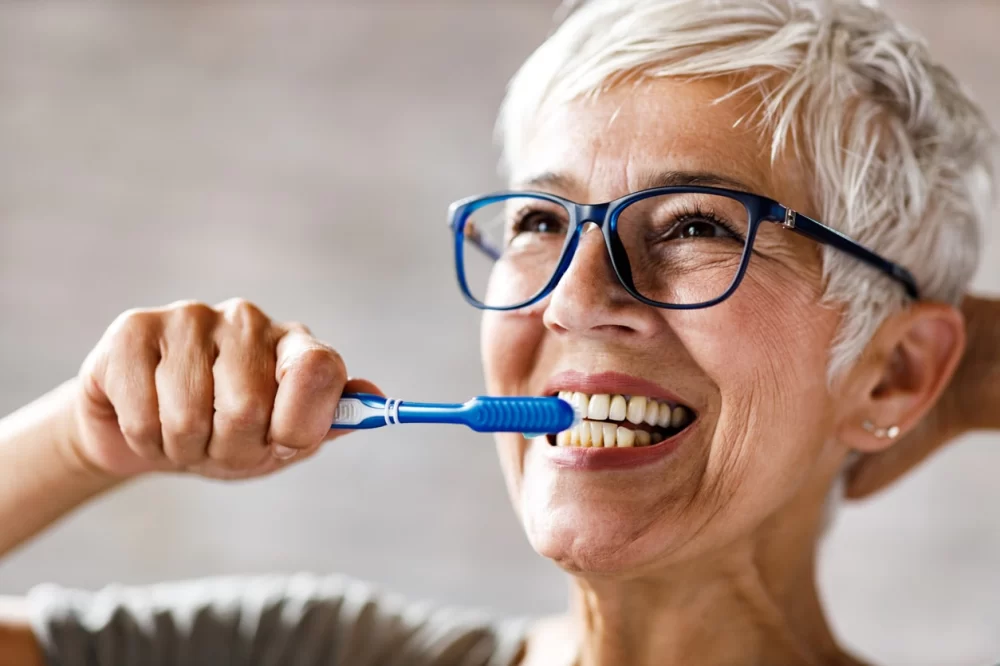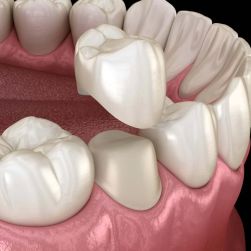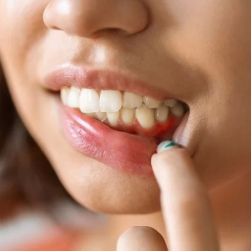How I Helped My Father Prevent Gum Disease With Better Senior Dental Care
When my father turned 70, dental visits became more than just routine checkups—they became a crucial line of defense. It wasn’t until he started complaining about bleeding gums and loose teeth that we realized gum disease was quietly creeping in. That was our turning point. What followed was a complete overhaul of how we approached dental care for him, and it changed everything.
1. Recognizing the Signs of Gum Disease in Seniors
My father had always been meticulous about brushing, but with age, his grip weakened and his dental routine suffered. The signs were subtle at first—mild gum bleeding, bad breath, and tooth sensitivity. These were things we initially brushed off as “normal aging,” but they were early warnings of gingivitis, the first stage of gum disease. That’s when I dove into learning how to stop this from progressing further.
2. Tailoring a Daily Dental Routine for Aging Teeth and Gums
2.1 Choosing the Right Toothbrush
We swapped his old manual toothbrush for an electric one with a soft-bristle head. It was easier for him to handle and more effective at removing plaque along the gum line. The built-in timer ensured he brushed for the full two minutes, even on the days he felt tired.
2.2 Adding Interdental Cleaners to the Mix
Flossing became a challenge for my dad, so we started using interdental brushes and a water flosser. These tools were easier on his arthritic fingers and far more effective in reaching those tricky spots where food and bacteria like to hide.
2.3 Introducing a Therapeutic Mouth Rinse
We incorporated an alcohol-free mouthwash that targets bacteria without causing dryness. This helped keep his mouth fresh and significantly reduced inflammation. It became his go-to step after brushing and flossing, especially before bedtime.
3. Regular Dental Visits: More Than Just Cleanings
We scheduled checkups every four months instead of six. His dentist was able to monitor changes in gum health closely and perform deep cleanings when necessary. Early intervention helped us avoid more invasive procedures like gum surgery. These visits also became a safe space for my father to ask questions about oral health that he wouldn’t normally bring up at home.
4. The Role of Nutrition in Gum Health for Seniors
4.1 Foods That Strengthen Gums
I worked with a dietitian to create a senior-friendly meal plan. We added foods rich in vitamin C and calcium—like leafy greens, yogurt, and citrus fruits. These not only supported his immune system but also reinforced his gum and bone health.
4.2 Hydration and Its Hidden Benefits
Saliva is a natural defense against bacteria. Dehydration, common in older adults, reduces saliva flow and increases the risk of gum disease. Encouraging him to drink more water and chew sugar-free gum helped restore moisture and kept his mouth healthier between meals.
5. Medications and Their Impact on Senior Oral Health
Many seniors take medications that cause dry mouth—a hidden enemy in the fight against gum disease. After reviewing his prescriptions with a pharmacist, we made changes where possible and added saliva substitutes to his routine. This small step made a big difference in how comfortable and clean his mouth felt throughout the day.
6. Creating a Comfortable and Safe Dental Routine at Home
6.1 Bathroom Setup Adjustments
We modified the bathroom to make his dental routine easier. A magnifying mirror, better lighting, and a chair where he could sit while brushing all made his daily care less of a chore. Comfort turned into consistency.
6.2 Keeping Dental Tools Visible
By storing his dental tools in plain sight—on the bathroom counter rather than hidden in a drawer—he was more likely to use them. We even made a small checklist he could follow every morning and night. It helped him maintain independence while staying on track.
7. Emotional Support and the Importance of Routine
Caring for elderly loved ones goes beyond physical health. I made it a point to remind my father how his efforts were making a real difference. We turned his dental routine into a bonding moment. Whether it was brushing together or sharing a funny story while flossing, it became less about the task and more about togetherness.
If you're looking after an elderly parent or relative, I can’t stress enough how critical proper dental care is. It’s not just about teeth—it’s about their dignity, health, and quality of life. For personalized advice and the best tools, check out Dentistry Toothtruth. They’ve been a huge help for us in navigating senior dental care the right way.







